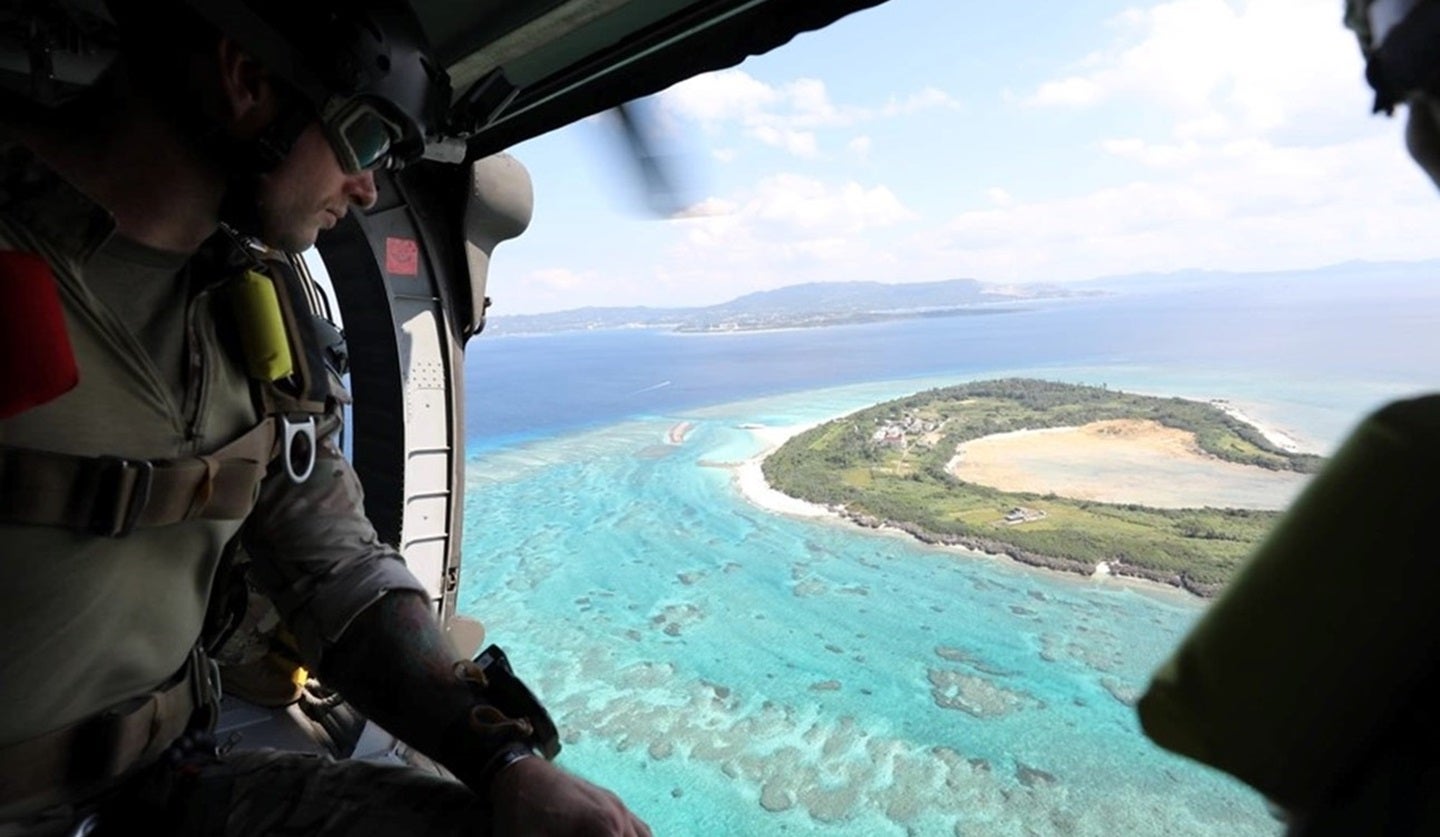Tibetan spiritual leader the 14th Dalai Lama has said in his new book that the Chinese leadership ‘lacked courage and political will’ to resolve the Tibet issue.
The exiled spiritual leader’s latest book, “Voice for the Voiceless”, was released earlier this month. In the book, he says that despite two series of dialogues (1979-1989 and 2002-2010), Beijing did not move beyond the five points presented by Hu Yaobang (former general secretary of the Chinese Communist Party), all pertaining to the Dalai Lama’s status.
The Dalai Lama says that it is unfortunate that Beijing did not seize on the opportunity he offered to resolve the Tibet issue in a manner that was mutually beneficial.
“Although there might have been, at one point, a genuine wish and desire to resolve the issue of Tibet through negotiation, there was neither the courage nor the necessary political will to do so on the part of Chinese leadership,” reads an excerpt from the book.
The last round of dialogue between Chinese officials and envoys of the Dalai Lama took place in China in January 2010. The talks have not resumed since.
“My stance on how best to resolve the issue of Tibet has been consistent since the discussions with Beijing began in 1979. I have called this the Middle Way Approach. At the core of this approach was the search for a robust framework that would offer the ability for the Tibetans to continue to survive as a distinct people with dignity, with their unique language, culture, ecology and Buddhist faith,” the Dalai Lama said in the book.
The Dalai Lama, who won the Nobel Peace Prize in 1989 for keeping alive the Tibetan cause, adds that ever since the direct conversations began, he has used all his moral authority and leverage with the Tibetan people, persuading them to seek a realistic solution… but he remains disappointed that Beijing has chosen not to acknowledge this accommodation on part of the Tibetans.
If no resolution is found while I am alive, the Tibetan people, especially those in Tibet, will blame the Chinese leadership and the Communist party for its failures to reach a settlement. Many Chinese too, especially Buddhists, will be disappointed with their government for its failure to solve a problem whose solution has been staring at them for so long, the Dalai Lama writes.
At 23, the Dalai Lama fled to India with thousands of Tibetans in 1959, after a failed uprising against the rule of Mao Zedong’s Communists, which gained control of Tibet in 1950. Since then, the Dalai Lama has been living in exile at Dharamshala in the Himalayan state of Himachal Pradesh.


